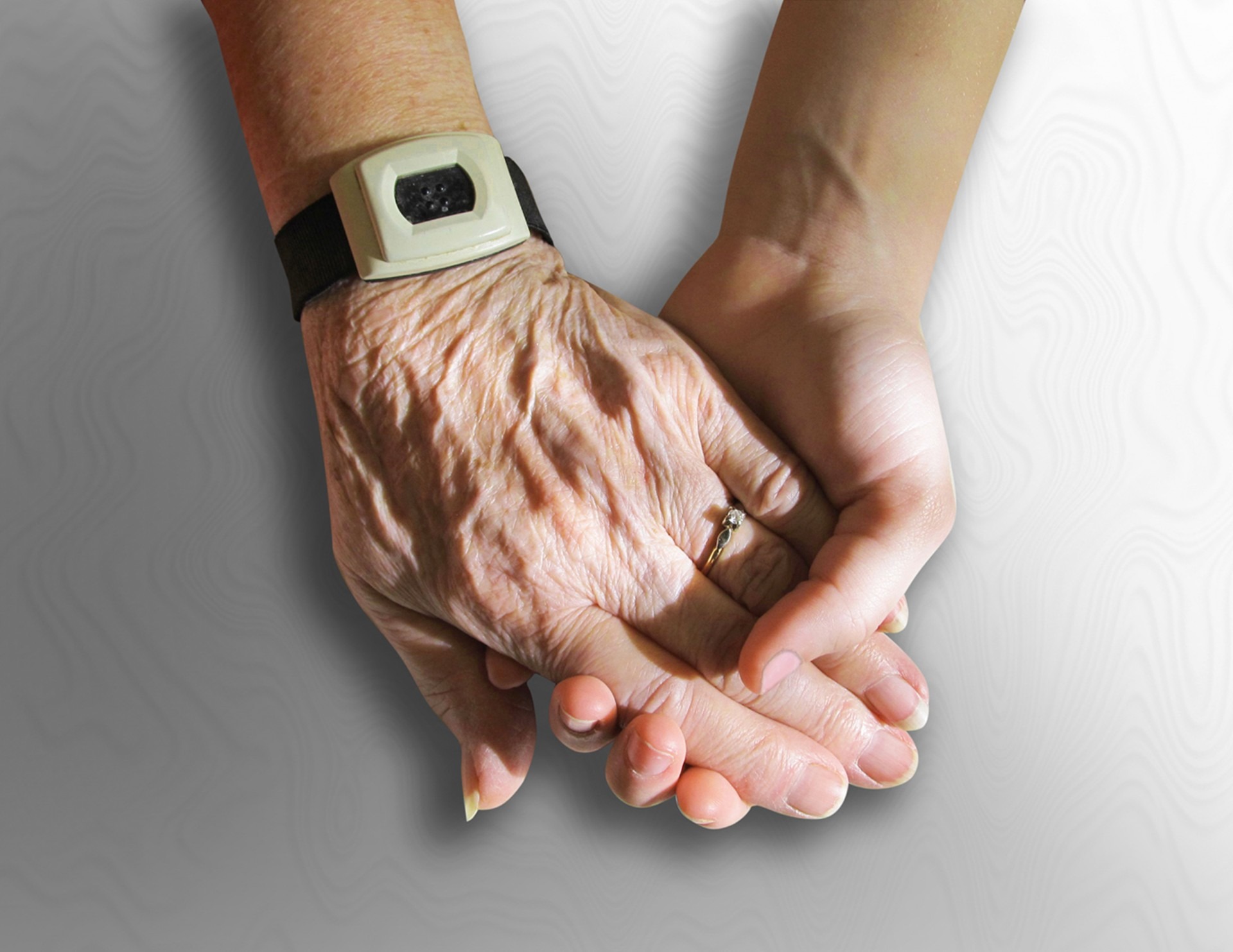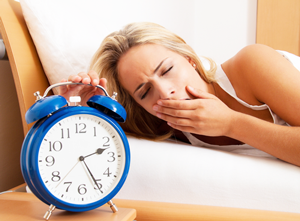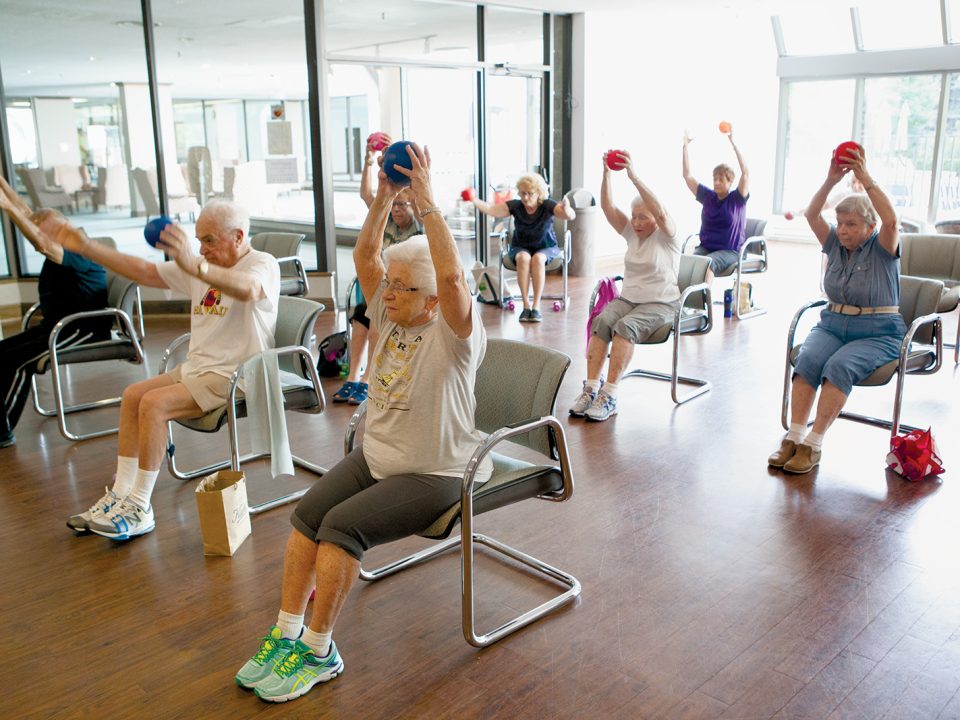
Surely it’s time for Government to fix aged care
June 24, 2017
Stress busters: Top tips for aged care staff to deal with job stress
July 7, 2017It’s Sleep Awareness Week! Here are some good sleep habits.


What are good sleep habits?
Good sleep habits are often referred to as good sleep hygeine. There are many things that can be done to improve sleep. While most of these are common sense, life is very busy and we often don’t think about them. Here, we will give you some guidelines for what you should and should not do for a good night’s sleep. Many people have trouble with their sleep. If you are one of them, some of these simple things may help.
What should I do in the evening?
Try to go to bed at the same time each night. The body has an internal clock and hormones that control sleepiness and wakefulness. This clock works best if there is a regular sleep routine. When working well, you will feel sleepy at bed time. Try not to ignore this by staying up, as this is a window of opportunity for sleep. Going to bed too early can also disturb your sleep. In the hour before going to bed, it is important to have a relaxing sleep routine. This may include a warm bath, reading quietly or a warm milk drink. Going to the the toilet is important to avoid having to get up in the night.
Are there things that I should not do in the evening?
Caffeine should be avoided for at least 4 hours before going to bed. This isn’t just coffee and tea. It is also found in colas and soft drinks. Smoking also makes it difficult to go to sleep, so there should be no cigarettes before going to bed or during the night. Alcohol might help you get to sleep, but it will make it harder to stay asleep. It makes sleep problems like snoring and sleep apnoea worse as well. Activities that are stimulating should be avoided in the hour before bed. This includes moderate exercise, computer games, television, movies and important discussions. Being in brightly lit environments or the blue light of the computer can reduce evening levels of the a sleep-promoting hormone, melatonin. Don’t fall asleep on the couch during the evening as it reduces your sleep pressure and makes it harder to fall asleep when you go to bed.
What about meals and sleep?
It is important to not be hungry at bedtime. But having a full stomach makes it difficult to sleep. The evening meal should be at least 2 hours before bedtime. Some people find that having a small snack at bedtime helps them to sleep better.
What should I do when I’m in bed?
The bed must be comfortable. Warmth is important, both the temperature of the room and having enough blankets. Having warm hands and feet is essential. The mattress, pillow and blankets should be comfortable and restful. There should be no distractions in the bedroom. This may mean removing the television, computer, radio and telephone. If there is a clock in the bedroom, it should be covered to avoid watching clock-watching. If possible, don’t allow children and pets to be a disturbance.
What should I do during the day?
One very important thing is to stay out of bed. Some people use the bedroom as a living room, where they study, watch television, make phone calls and read books. This will make it harder to sleep. The brain will no longer link the bed with sleep. The bedroom should be used for sleeping and intimacy only. As a rule, exercise is good for sleep, but not just before going to bed. The best times are in the morning and before the evening meal. Being out in the sun during the day will improve sleep at night. This will help with your body clock and the melatonin levels in the body. It is best to be outside in the early part of the day.
What should I do if I can’t get to sleep?
Sleep is not something that you can force to happen. If you are not asleep within 20 to 30 minutes of going to bed you should get up. Go to another darkened room and sit quietly. Do not watch television, use a computer, eat, drink or do household chores. When you feel tired again go back to bed. This helps your mind link bed with sleep – not with being unhappy and not sleeping. Do not look at the clock because no matter what time it is you will have an emotional reaction. Rest is good – it does not have to be sleep. Don’t label yourself as an insomniac.
What if you can’t shut off your mind?
Some people lie awake in bed at night and cannot switch of their thoughts. If this is a problem, set aside a ‘worry time’ during the evening. Use this time to think about what has been happening during the day, make plans and possible solutions. Then don’t think about these things until the next day. Keep the hour before bed as your wind down time – develop a routine that prepares your body and mind for sleep. Listen to quiet music or do relaxation. Remember that we can never shut off our mind. Our thoughts continue all the time, so try to make them calmer thoughts. Create a favourite fantasy place. Or daydream of your favourite holiday spot. If other thoughts come in, consider them for a moment and then try to gently replace them with calm thoughts.
Are naps good or bad?
It depends. Remember that the average adult sleeps for between seven and nine hours a day. Naps will take up some of this time. But if you are taking short afternoon naps without any problems, then you might want to keep doing this. On the other hand, naps in the evening, or dozing in front of the TV, can make it harder to get to sleep at night.
What about prescription medicines and sleep?
Some of these will make it easier to get to sleep. But others will keep you awake. It is best to take them only when your doctor or pharmacist says so. Sleeping pills can be good when a specific event in your life is making it hard to sleep. But they are only a short term fix. If you take regular doses, they will stop working. Once you stop them, you might find it harder to get to sleep. Also they can make you sleepy during the day.
How much sleep do I need?
Most adults need between seven and nine hours sleep each day. But this may include naps and time spent dozing in front of the TV. Be realistic about your needs. Younger people have different sleep needs. If you are a poor sleeper it is very important you do not spend too long in bed. Spend no more than 8 or so hours in your bed. If you spend more time in bed, you will be telling your body that it’s OK to drift in and out of sleep all night. Going to bed later at night may be the single best thing to help reduce your wake time during the night in bed.
How important is a routine?
Try to stick to a good sleep routine. Improved sleep will not happen as soon as changes are made. But if good sleep habits are maintained, sleep will certainly get better. It is not possible to do the same thing every day, but it should be most days. Different things work for different people. Find what works for you and stick with it. If you try everything and your sleep still doesn’t get any better, then see your GP.
What might your doctor do?
The first thing that your doctor will do is have a talk about your sleep. Depending on what they think the cause is, they might suggest treatment (possibly sleeping tablets) or refer you to a sleep specialist.
Sleep Awareness Week is an initiative of Sleep Health Foundation.
This article was originally published on sleephealthfoundation.org.au on 8th April 2011










